Sustaining political stability in a turbulent world: Singapore’s approach
Former journalist Goh Choon Kang notes that political stability is not a given and should not be taken for granted. While Singaporeans can be confident that there will be a peaceful transition in the government when Prime Minister Lee Hsien Loong steps down, many, especially those from the pioneer generation, understand the importance of political stability and especially cherish it because they have experienced a turbulent period in Singapore’s history.
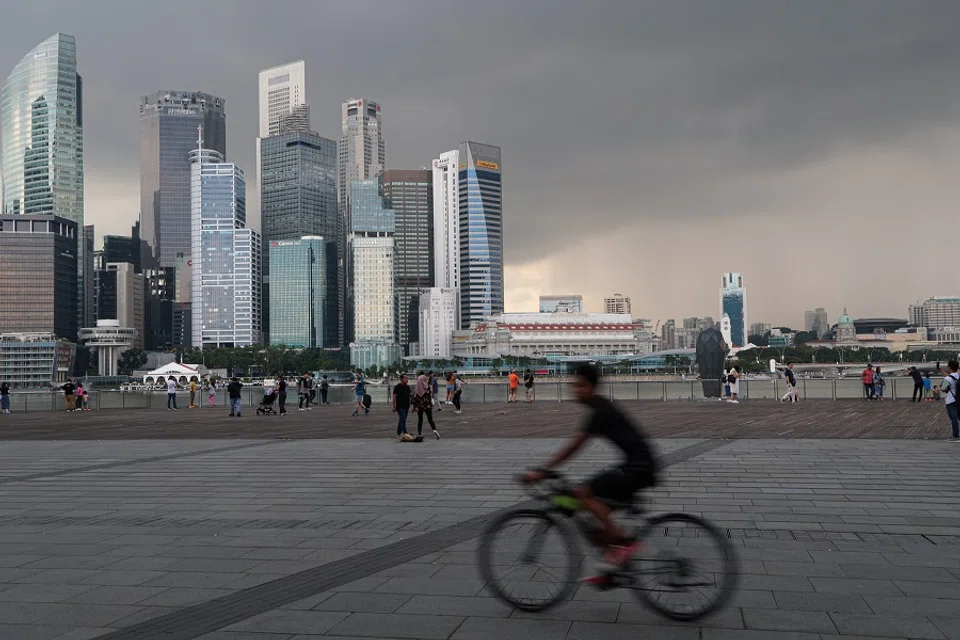
What is political stability? Perhaps we do not need a scholarly explanation, just something that the average person can understand.
According to Wikipedia, political stability is a situation characterised by the preservation of an intact and smoothly functioning government or political system.
To be specific, it is referring to an absence of broad-based political upheaval and societal unrest, with no sudden changes to political power. Citizens do not use unlawful means to participate in politics or to seize power, and the government does not use force or coercive measures to suppress the political behaviour of its citizens in order to maintain social stability.
How is political stability achieved?
Simply put, political stability means keeping societal conflicts within a certain order. Political stability manifests itself in many aspects, mainly in a country’s stability in sovereignty, government, policies, political life order as well as socio-political and psychological state.
Wikipedia also explains that societies with political stability experience a decreased probability of encountering major political upheavals, civil unrest or sudden changes in leadership. Political stability is necessary for a country’s development, economic growth and societal cohesion.
Only with political stability can there be long-term planning, investment and prosperity, because only then would businesses and citizens have confidence in sustained governance and policies.

The question is: how is political stability achieved? The answer is perhaps an easy one.
Firstly, having a good and capable government that is competent and happy to carry the mantle of governing the country. Secondly, having a society that is largely united — something that is exceedingly difficult for a multiethnic, multi-religious and multicultural society. Thirdly, an absence of severe fighting between political parties that causes division among the people — for a country that adopts a multi-party system, this is likewise a tall order.
Just by using these three points as a measure, Singapore is unique — or one could also say lucky — as it fulfils all of them up till now. This is not accidental. The most crucial factor is that Singapore has had a clean and capable ruling party right from the outset, one that can deliver on their promises, is able to improve the national economy and the livelihoods of the people, and can be a strong unifying force for the society.
Most Singaporeans, especially those from the pioneer generation who are still alive, understand the importance of political stability and especially cherish it because they have experienced a turbulent period in Singapore’s history.
However, subsequent generations have less of a memory of such a history and lack such a reference point, which could cause a different perception of political stability — perhaps even the belief that it is a natural thing. This is a dangerous line of thought.
Looking around the world, we know that many societies have begun to show cracks and divisions.
Political stability is not an unchanging, established fact
Many have noted that during his May Day rally this year, Singapore’s Prime Minister Lee Hsien Loong reiterated the importance of political stability, which showed that for this leader — who would be passing the baton soon — political stability is not an unchanging, established fact.
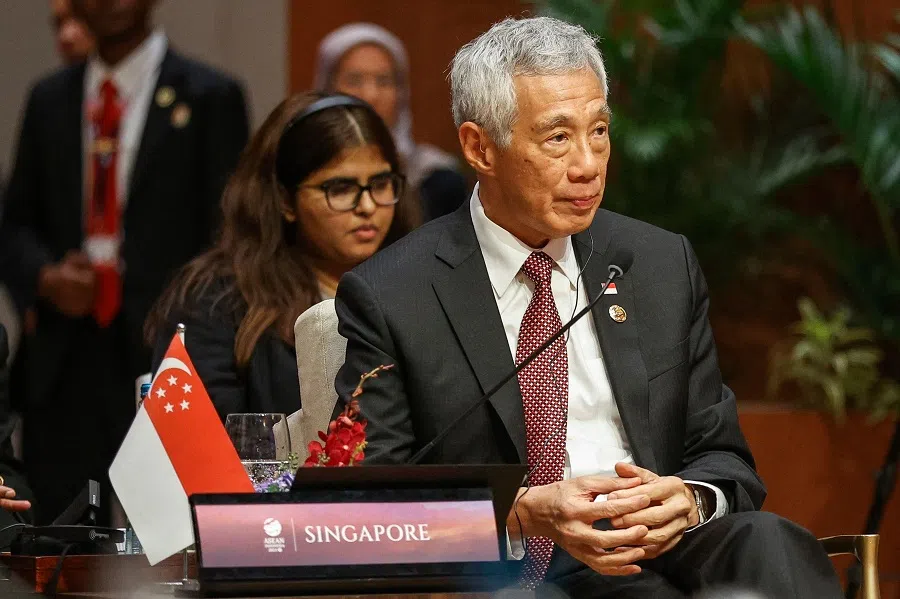
Lee raised three factors crucial to Singapore’s future development: social cohesion, long-term planning as well as political stability and trust. These factors are imperative and necessary. In fact, they have a causal relationship. A society that is not cohesive would not have political stability, and without political stability, there can be no long-term planning.
Looking around the world, we know that many societies have begun to show cracks and divisions. For multi-party democratic countries, intense fighting among political parties is commonplace and there is a lack of consensus on an array of key issues, much less any mutual compromise. Hence, there is political instability, societal unrest, a divided people and a declining economy. Even a long-established democracy like the UK is no exception; political stability has become a rarity in the world.
UK politics has been muddling in recent years, with its seemingly revolving door changing of leaders — but to no avail. This messy state of affairs could be said to have begun with Prime Minister David Cameron’s initiation of a Brexit referendum that did not go according to his plan.
The prime ministers that followed are Theresa May (in office for three years), Boris Johnson (four years), Liz Truss (less than two months, the shortest-serving UK prime minister historically) and the incumbent Prime Minister Rishi Sunak (since October 2022).
The UK could hold their next election in fall this year, and most predict that the Conservative Party would be booted from office. In other words, there could be a new UK prime minister. Presently, Sunak’s Conservative Party lags behind Keir Starmer’s Labour Party opposition by more than 20 points in polls. But observers felt that even if Starmer were to be voted into office, the UK would be stuck in its current predicament if the Labour Party is unable to come up with a new plan to revitalise the economy.
Singapore’s political stability did not happen by chance but is the result of effective and compassionate politics and governance.
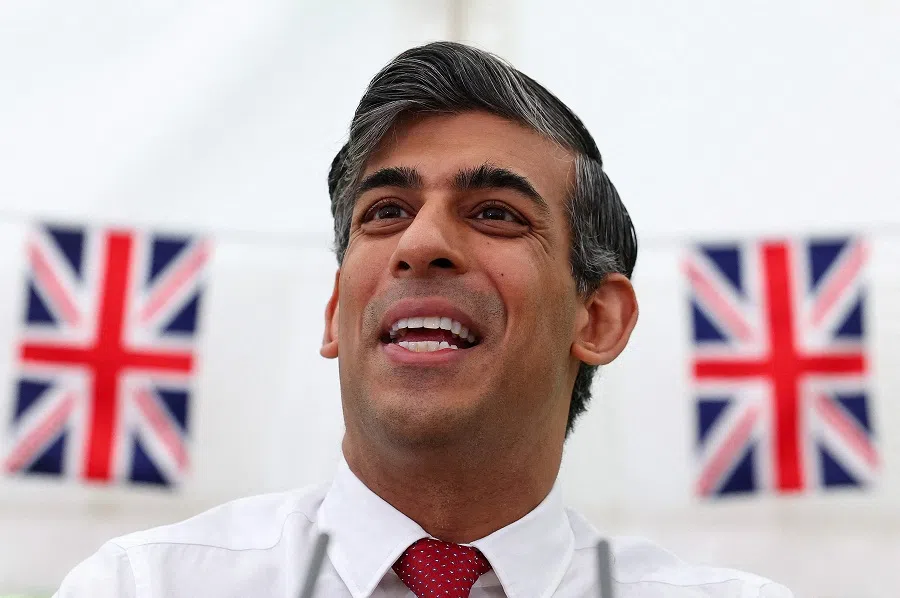
The UK’s political instability starkly contrasts with Singapore’s stable situation; any turbulence in Singapore could drive away foreign investments. While there are plenty of countries like the UK where “flag bearers are changed frequently”, countries with political stability like Singapore are few and far between.
Singapore, being one of the few, is also regarded as an “anomaly” by established democratic countries like the UK and the US. Consequently, numerous politicians and media figures from these countries tirelessly strive to reshape Singapore into a “typical” democratic state like theirs. This effort includes supporting the opposition, dissent, the relaxation of drug control measures and the abolishment of capital punishment. This is why it is no coincidence that Prime Minister Lee emphasised the importance of political stability during his Labour Day rally.
Consequences of political instability
Singapore’s political stability did not happen by chance but is the result of effective and compassionate politics and governance.
Without a good government, there can be no good politics; without good politics naturally there can be no political stability. This is a point that I believe most Singaporeans can acknowledge.
For a small country like Singapore, once Humpty Dumpty falls from the wall, all the king’s horses and all the king’s men would be helpless to restore it back to its previous state.
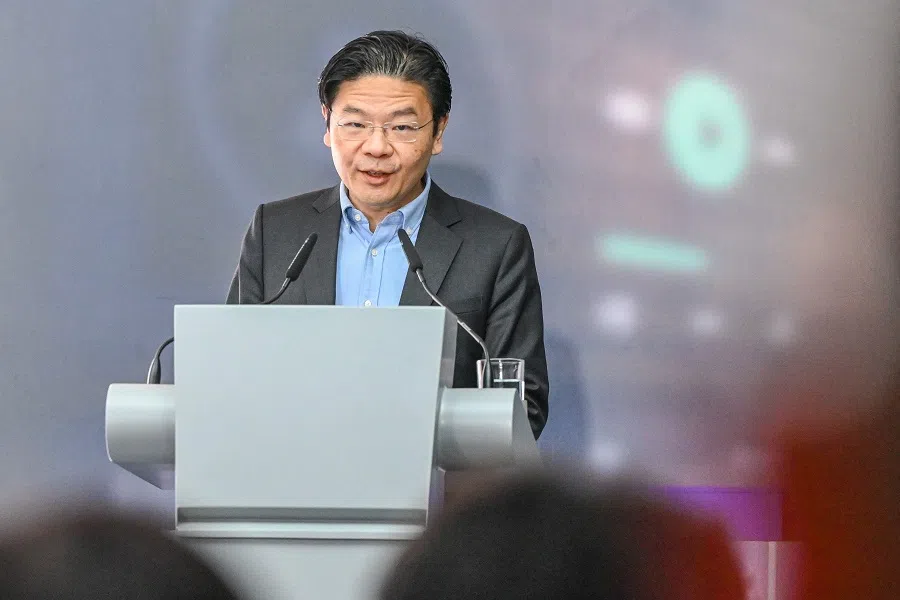
Once our politics go haywire the way it had for many other countries, it is not hard to imagine us losing our political stability and the consequences that entail.
Firstly, the fault lines that already exist in a multicultural society would surface one after another, reducing societal cohesion to dust in an instant. For a small country like Singapore, once Humpty Dumpty falls from the wall, all the king’s horses and all the king’s men would be helpless to restore it back to its previous state.
Moreover, once the political situation becomes turbulent, there can be no talk of long-term planning — once foreign investments take flight, economic growth inevitably stalls.
Political stability serves as the bedrock of Singapore’s national prosperity; without it, our progress would be jeopardised. Therefore, ensuring the continuity of political stability is imperative. As Prime Minister Lee hands over power on 15 May, effectively managing the legacy and laying foundations for the future are critical tasks ahead.
For us, the change of prime ministership signifies the transfer of the heavy responsibility of governance and the intergenerational inheritance of leadership — it is not a game of power à la the UK. Although on the surface it appears calm, it is in fact a highly sensitive period, as various forces (especially those hostile to Singapore) are watching closely for an opportunity to test the waters.
But Singaporeans should remain confident that this would be another peaceful transition, because the People’s Action Party has established mechanisms to ensure a steady transition.
But a steady handover of power is just the start to the passing down of political stability; what is to come next would be more important, as the new governing team must win the mandate of the people.
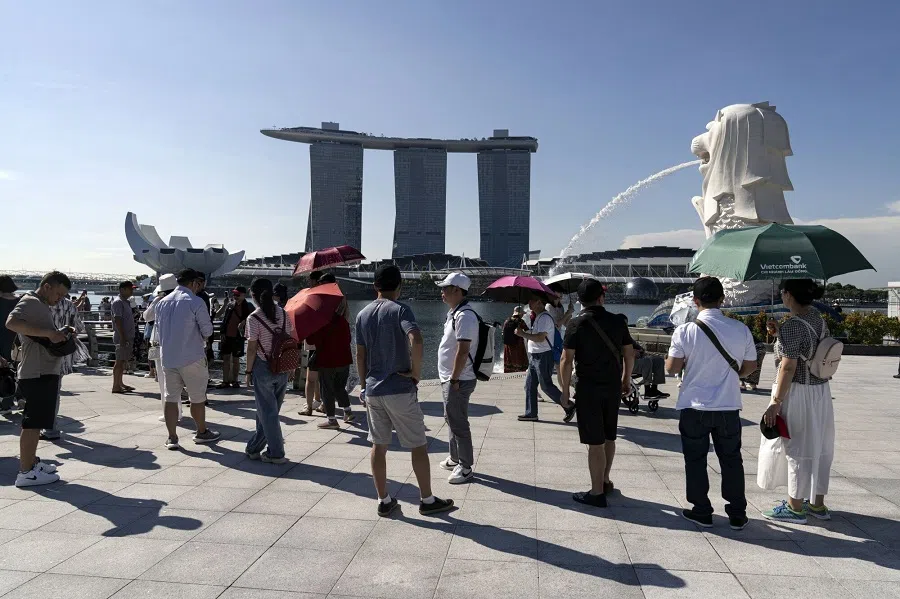
Firstly, the next prime minister is the first among equals nominated by the new team that is taking over; there is a consensus reached to prevent any infighting. Secondly, there is a connection between past and future, with the outgoing prime minister taking up the role of senior minister in the new cabinet, with a few veteran ministers remaining in their roles to support the new governing team. Such a smooth handing over should help the country and the people avoid bearing the huge social cost of a political struggle.
But a steady handover of power is just the start to the passing down of political stability; what is to come next would be more important, as the new governing team must win the mandate of the people. With a strong mandate, political stability can be sustained.
In other words, it is only when the new leadership can find a way to strike up a new “social compact” with the people, winning their trust and reaching a consensus, can the process of handing down political stability be considered complete.
This article was first published in Lianhe Zaobao as “政治稳定的传承与延续”.





